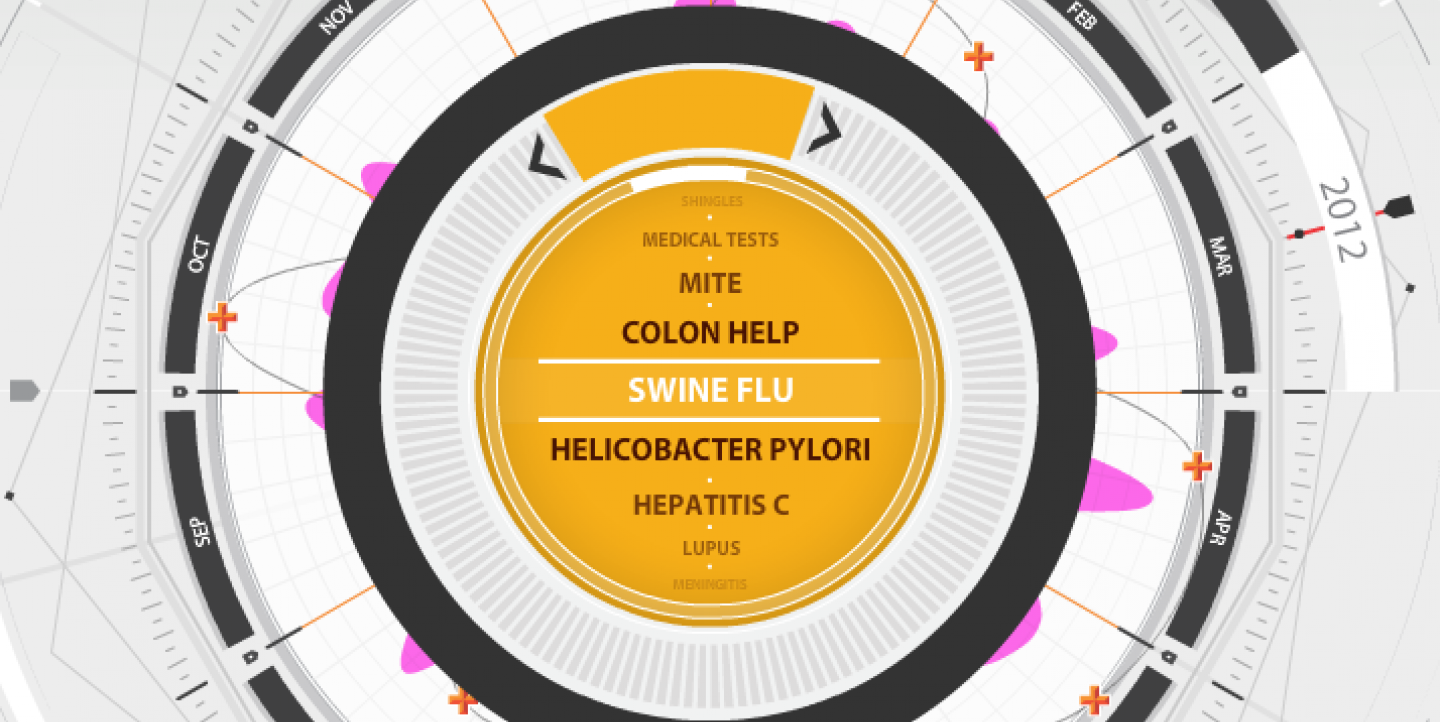The Global Editors Network selected 72 finalists for its Data Journalism Awards. Chosen from more than 300 applications, the finalists represent the movers and shakers in data-driven journalism from four categories: data-driven investigative journalism, data-driven applications, storytelling with data and data journalism websites or sections.
The U.S. and U.K. dominated the shortlist with a respective 26 and 15 nominations. The Guardian received five nominations for projects including its 2012 Olympics coverage, and ProPublica received four nominations for projects such as Message Machine, which tracked political campaign emails during the 2012 U.S. presidential election.
But the finalists, representing 19 countries, spanned the globe. Projects led by IJNet contributors and ICFJ Knight International Journalism Fellows Gustavo Faleiros and Miguel Paz, and two projects from the data team assisted by Knight Fellow Sandra Crucianelli received nominations. (Read more about those projects here.)
Here are a few more notable projects from around the globe:
-
Das Cloud in Romania created Macroscop, an app offering a "bird’s-eye view on a nation’s health issues through searches made on Google."
-
Internews in Kenya created Data Dredger, an online platform helping Kenyan journalists learn hands-on about data storytelling. By accessing the Kenya Open Data Initiative (KODI), journalists created infographics and in-depth reports on politics and health.
-
By combing through a spread of financial records, The Philippine Center for Investigative Journalism created a four-part series analyzing the wealth of the nation's Supreme Court Justices. The investigation resulted in one impeachment.
-
The Asahi Shimbun in Japan used publicly available data to visualize the effects of the Nankai Trough Earthquake, offering impact region by region with numbers on casualties, refugees, damaged infrastructure and more.
- Kreativ Magazin of Hungary uncovered and shared a trove of data about the misspending of public money within the media industry under Prime Minister Orbán Viktor's regime.
This year, a Public Choice Award will go to the Data Journalism Award finalist with the most votes. You can select your favorite among the 72 finalists here. The rest of the winners in each categoriy will be chosen by an international jury.
With a total of about US$19,000 up for grabs, eight winning projects will be announced during the GEN News Summit held in June in Paris.
IJNet Editorial Assistant Margaret Looney writes stories and blog posts on the latest media trends, reporting tools and journalism resources.
Graphic is a screenshot of Das Cloud's Macroscop project.

